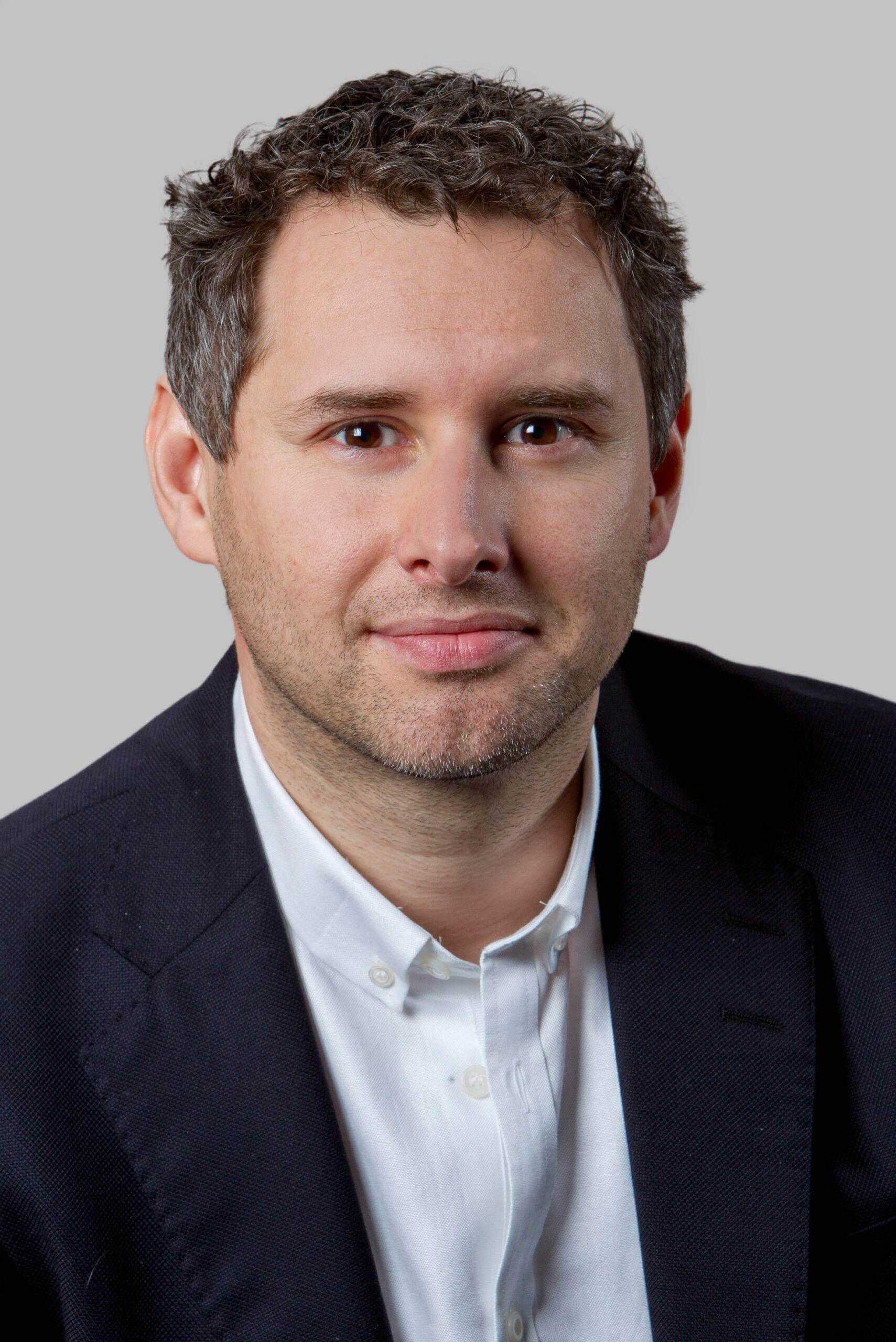Rollo Roscow from Schroders – Fund Manager of the Month

1 DEC, 2021
By Constanza Ramos
Rollo Roscow, CFA is the Fund Manager of Emerging Markets Equities at Schroders. He is Head of EMEA within the Emerging Markets Equity team since November 2014, and based in London. Roscow Joined Schroders in August 2008, initially as an Emerging Markets Equity Analyst, before becoming the Head of EMEA in November 2014. His Investment career commenced upon joining KPMG in September 2004, working as an Assistant Audit Manager specialising in Fund Management, Hedge Funds, and Private Equity. He is a CFA charterholder, and Member of the Institute of Chartered Accountants, Scotland. Rollo Roscow also holds an M.A. (Hons) in Economics and Accountancy, University of Edinburgh.

1. When did you start your career? What made you want to pursue a career in finance?
My interest began in finance at quite a young age when my father told me that he had bought me a small number of shares in two FTSE listed businesses. It led me to start to discuss with him about why the stock prices moved up and down. He didn’t always know but it started me on a path to try and understand a bit more about the complexities of how the world of finance worked.
My career started as an auditor for a Big 4 company before then moving over to Schroders in Aug 2008, three weeks before Lehman Brothers went bust. I thought at the time I might have a very short career.
2. How does your work on daily basis look like? What do you enjoy the most about your role? and the least?
Much of the investing we do is long term focussed so day to day work starts initially with catching up on any material news flow on markets or stocks and then getting to work updating, discussing or finding new stocks for the portfolio. This can be through reading, calls with management, stock modelling and forecasting. Occasionally we’ll have an update with a client to discuss the portfolio positioning and outlook to the region.
The best part of my role is being able learn about a vast array of interesting global topics, some of which can have near term implications for the stocks we look at and others much longer term. I get to learn from some extremely interesting and talented individuals both internal to the company and external.
3. What key principles drive your investment processes and why?
Generally, as with most investors, we are looking for long term successful businesses that can grow in a value accretive way through innovation, superior business practice or positioning within their industry. I have a strong focus on long term cash flows and the sustainability of this within a business. The investment process therefore is all about trying to get as much confidence around this as you can.
We always produce investment cases to understand businesses sustainability which encompasses the analysis of key stakeholders in a company. We will follow the narrative with a financial model on the stock with a base DCF valuation with other valuation techniques in addition where appropriate. If unsure we are happy to follow companies for many years before finally investing in order to build confidence around execution and persistency of returns.
4. What kind of companies are more interesting to you when trying to build a portfolio? What kind of companies would you never invest in?
We are happy to invest in any business that we feel is too cheap relative to its intrinsic value. Intrinsic being the value of the business we feel appropriate relative to it’s future cash flows discounted back. Sometimes these are businesses in the wrong part of the cycle where the market has become too pessimistic relative to where we think long term returns may settle, in other cases these are businesses that have a particular niche or edge over the competition and could be set to take great market share at high levels of return on invested capital. In short we have no style bias, we are very bottom up focussed managers.
Companies we would likely not invest in would be those that have little regard for minority investors, unless there was potential for positive change through engagement with management. Often these companies are SOEs. Other companies may include those operating in highly competitive industries where they lack particular edge or have a very long financial history of suboptimal returns and no prospect of this changing. These businesses tend to compound poorly over time.
5. What is the most exciting thing you have seen in the markets since you started working in the financial sector?
There are many periods of excitement in Eastern European investment but not all of them have been positive. We have invested through many geopolitical risk cycles in Eastern Europe and often the most exciting times can be when stock prices become completely detached from the fundamental worth due to panic selling. These are the key moments for experienced investors in the region to stay calm and pick up severely undervalued businesses. Seeing businesses compound over time and validate your original investment thesis is also very pleasing.
6. Do you have any referents in the industry? Someone you looked at when you started in the sector?
Working in a big investment house like Schroders means you are able to speak to and draw upon a vast array of experienced investors who in aggregate have covered pretty much every aspect of markets in every geography. Listening to these people, who often have very differing techniques to investing, has been fundamental in shaping the way that I invest today. It is always a learning curve albeit around some core investment processes as described earlier. Reading also helps shape the understanding of non quantitative aspects of investing such as human biases and the psychology of investing. There are of course a huge number of highly informative investment books on the market.
7. Do you have any advice for anyone wanting to pursue a career in the asset management industry?
It’s a highly rewarding industry from an intellectual perspective, and one where to be successful you have to have a natural inclination to learn about how business works across the world. There is no set way of achieving this everlasting goal but self motivation is key. To perform well in interviews you need to show that you are well read, and can hold a conversation with well thought out views on a wide array of topics. These don’t always need to be exactly right, it’s can be more about how well constructed the argument is. Over time you hope you are more right than wrong but predicting the future is hard. Humility is a useful personal attribute to have.


